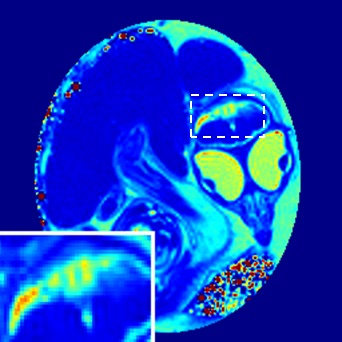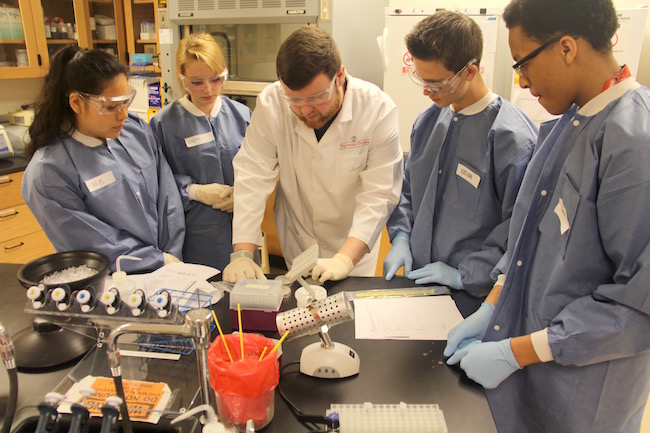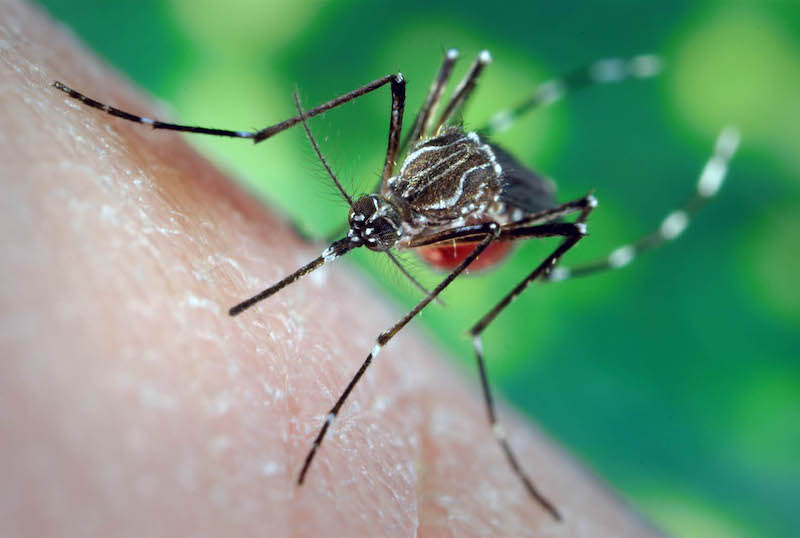Test anxiety is one of the most common forms of stress faced by young people. Even when they know the information that will be on the test, stress can cause changes in the body and brain that make it hard to think clearly.
Stress causes the body to go into a “fight or flight” response, which moves blood back toward the brain stem. This moves blood away from the thinking part of the brain, potentially causing the test taker to forget what they studied. Testing worry also competes for the brain’s working memory, which is used for performance.
It is hard to determine why test anxiety affects some youths more than others. However, most students cited the pressure to excel, qualifying for gifted programs, achieving scholarships and academic awards, and the desire to be seen as intelligent as causes of test anxiety.
To tackle this problem, follow the steps below when preparing for a test.
Step 1: Allow plenty of time to study. Cramming or staying up the night before a test is a sure tickets to disaster. Waiting until the last minute to study increases stress hormones and can actually decrease memory. Studying boosts confidence and also lowers the risk of panicking on testing day. Write out a study schedule for tests, and remember to allow plenty of time for fun, breaks and rest.
Step 2: Consider studying with someone else. If you study better with a “study buddy” or someone who can help with motivation, or if you have trouble with any of the subjects you have been asked to learn, choose a study partner. Studying with another person can relieve some anxiety and can make the task a team effort. If you study best by yourself, it is still OK to have a friend or fellow student study with you in case of stress.
Step 3: Organize the materials. Make sure you have everything needed to study. If textbooks or notes are not clear, ask your teacher for other suggestions. Library books, websites or magazine articles might be helpful as well.
Step 4: Choose snacks and drinks that are healthy brain foods. Don’t drink too much coffee, tea or soft drinks. Even though it can perk you up temporarily, the sugar and caffeine will eventually cause you to crash. They can also cause you to think less clearly. Junk foods that are full of sugar and carbohydrates can have the same effect. Make sure to have healthy drinks and snacks on hand for studying and testing time.
Step 5: Learn how to reduce stress. Find a quick relaxation technique that helps you calm down. Most stress occurs during the first few minutes of a test. If this happens, it helps to spend a few minutes relaxing before tackling the test. Try breathing, writing down your concerns, stretching, yoga, listening to music, imagery, meditation, squeezing a stress ball — whatever is allowed in the testing space. If you prefer to get up and move to burn off stress, find a more physical activity such as line dancing, juggling, walking or any other kind of exercise. It is okay to combine methods to suit your own personal style.
Step 6: Reward yourself. Before starting, plan on how you will reward yourself for all your hard work studying and testing. If you followed all these steps, you deserve a reward, no matter what how you did on the test … but you probably did just fine.
Step 7: Relax! You are ready and a lot less stressed!
For more information about the Georgia 4-H Health Rocks “Less Stress on the Test” program, contact your local 4-H program at the UGA Extension office in your county at 1800-ASK-UGA1.






